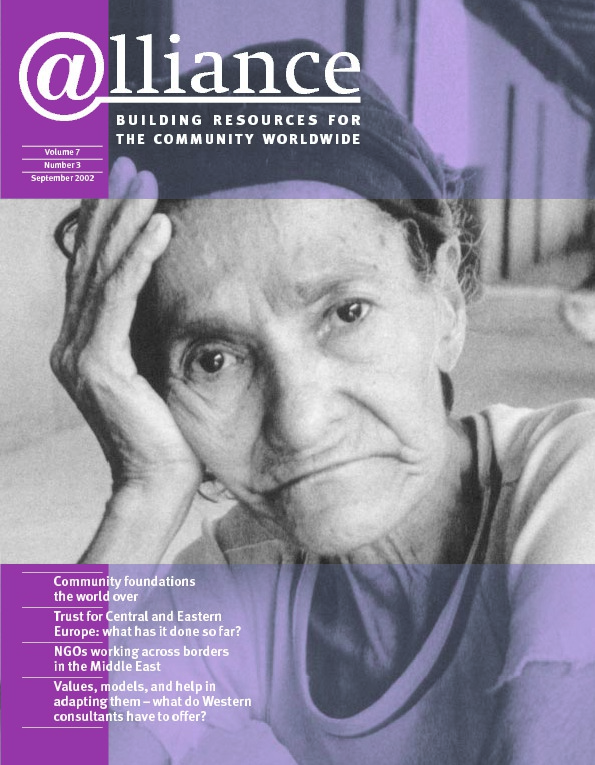NGOs working on governance and democracy in the South have grown in size and numbers. Northern donors have funded them expecting this will serve their own good governance agendas. In a few countries specialist anti-corruption NGOs have been created (some are country chapters of Transparency International); in others existing NGOs have taken on anti-corruption activities.
But few commentators have dealt with the difficult question of whether NGOs themselves may not be susceptible to corruption. One who does is Tim Lindsey of Melbourne University, a noted observer of legal and NGO fields in Indonesia, who has contributed a chapter on ‘NGOs and Corruption’ to the Partnership for Governance Reform in Indonesia’s new four-volume, 16-study review of corrupt practices in Indonesia.
Lindsey points out that NGOs are likely to be suitable vehicles for anti-corruption work since they are not dependent on government or business for their funding and thus do not have a conflict of interest which could compromise their work. He also makes the point that NGOs (which are often marginal) are unlikely to have any great impact on the systemic and wholesale corruption that is found in Indonesia. In general, however, he commends the work of anti-corruption NGOs there.
In systemically corrupt countries (look for those at the bottom end of the TI annual Corruption Perception Index), corruption has become a virus which infects not only institutions and systems but also attitudes and behaviour. In such countries, can we expect NGOs to be immune from the virus? Should we not ask them to examine themselves to see whether they are susceptible to the disease they detect in others? ActionAid in Kenya, a very corrupt country, said pragmatically of Kenyan NGOs accused of being corrupt: ‘What do you expect, they come from Kenya, not from the moon.’
In a country where corrupt practices are the norm, it takes a very strong and self-aware NGO to develop a practice of zero tolerance of corruption – and yet this is what is needed if NGOs set themselves up to counter corruption in the government or business worlds.
The Partnership is now analysing indicators of corrupt practices for all sectors, including NGOs, to help people move beyond the social acceptance of corruption into a principled stand against it. Too many observers of the NGO world assume that highly principled NGOs are unlikely to be guilty of corruption, but in countries where corruption is systemic it is something that needs to be specifically and regularly checked.
Richard Holloway is Civil Society and Anti-Corruption Adviser at the Partnership for Governance Reform in Indonesia. He can be contacted at richard.holloway@undp.org
The book will be sent free of charge to people from anti-corruption NGOs. They should email Richard Holloway at richard.holloway@undp.org



Comments (0)